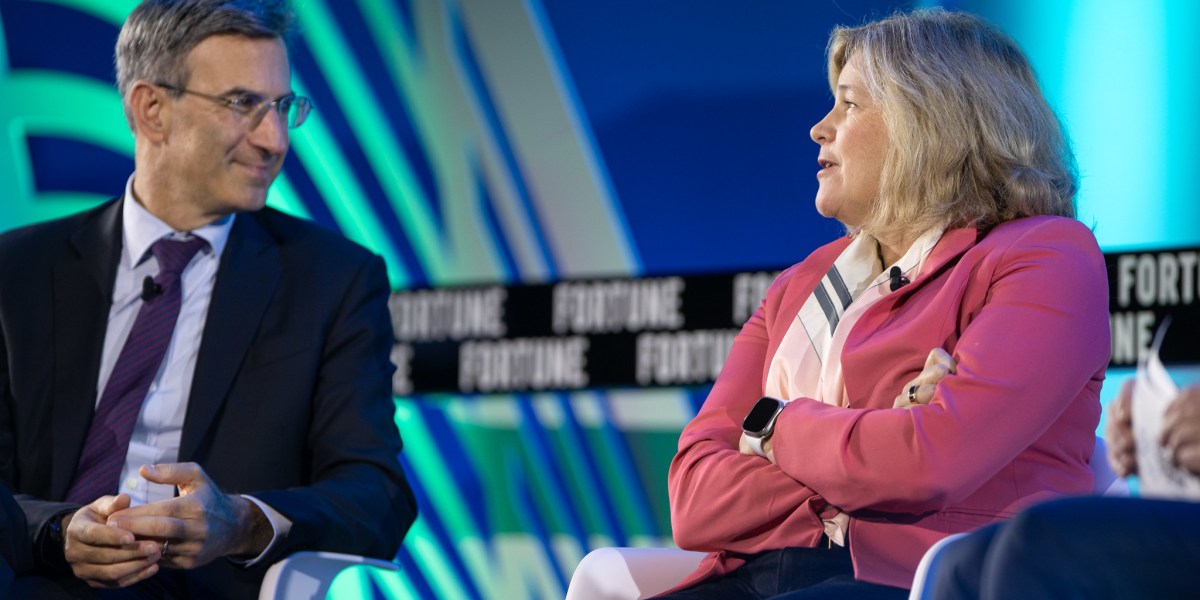AI has emerged as a significant topic within Wall Street, eliciting both excitement and debate among experts in the field, including leaders in Big Tech, startup founders, and computer scientists. The ongoing discourse on the impact of AI, especially in light of the widespread integration of OpenAI’s ChatGPT, remains sharply divided on whether it will bring about positive or negative consequences for humanity.
Peter Orszag, the former top advisor to President Barack Obama and current CEO of Lazard, has expressed reservations regarding the prevailing viewpoints, suggesting that early-stage predictions about technological advancements are frequently disproven over time. He stressed the importance of humility when forecasting the outcomes of AI, pointing to historical inaccuracies in projections concerning the effects of new technologies.
The conversation surrounding the potential repercussions of AI has led to a stark division between advocates of utopian and apocalyptic scenarios. While figures like Elon Musk and Steve Wozniak caution against the risks of AI leading to catastrophic scenarios where machines dominate humans, others such as Satya Nadella and Marc Andreessen envision a future utopia where AI plays a pivotal role in global salvation.
In his recent role as Lazard CEO, Orszag engaged in the discourse between the “accelerationists” and the “doomers,” shedding light on the divergent perspectives prevalent in the tech community and the media. He forecasted that AI’s impact on productivity would be particularly noticeable in displacing technical skills, such as in the medical field, where radiologists might face quicker replacement compared to primary care physicians due to the latter’s emphasis on human interaction.
Additionally, Orszag voiced concerns about the changing landscape of information dissemination in the era of AI, underscoring the challenge of discerning truth amidst the surge of AI-generated content. He highlighted the significance of reliable sources of information at a time when distinguishing genuine news becomes progressively intricate.
Jenny Johnson, the president and CEO of Franklin Templeton, offered her insights on the transformative power of AI, drawing parallels to the disruptive influence of the internet. She predicted that AI would drive efficiency improvements in sectors like wealth management while elevating consumer expectations for services, thereby reshaping the value proposition for clients.
In summary, both Orszag and Johnson conveyed a sense of cautious optimism regarding the future implications of AI, advocating for prudence against sensationalized forecasts and stressing the importance of adaptability in navigating the ever-evolving technological terrain.






